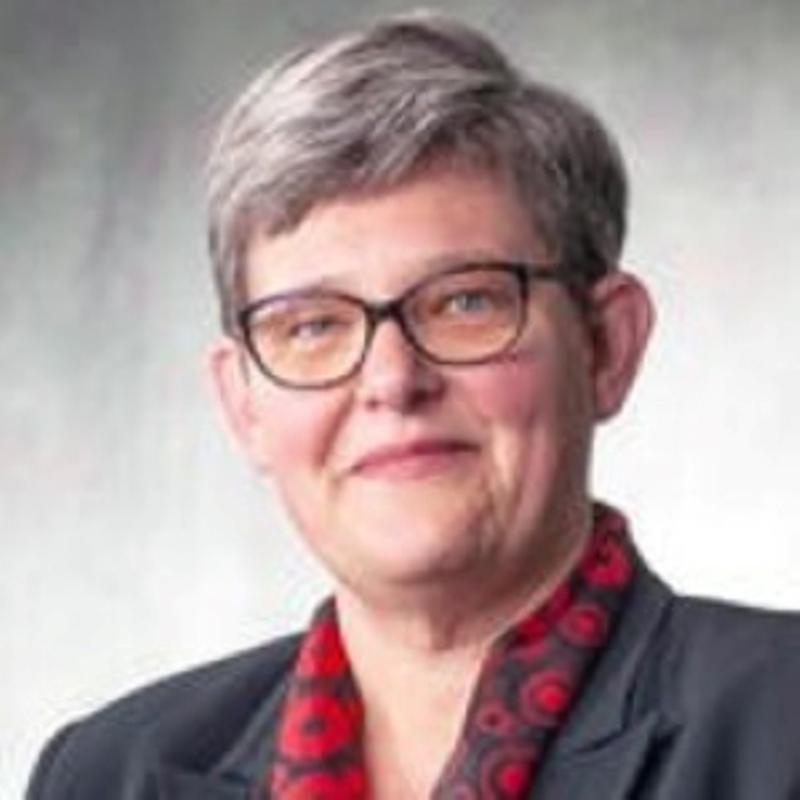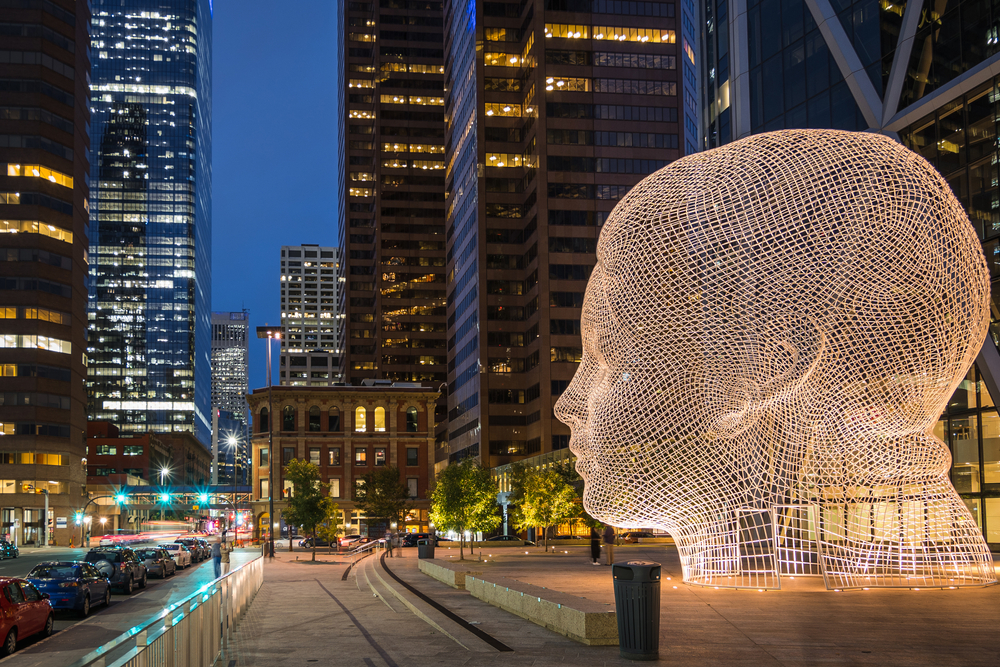[Editor’s note: This is republished with permission from University of Calgary political science professor Lisa Young’s What Now?!? newsletter and substack on Alberta politics.]
The 2023 Alberta election finally is officially underway.
The race is close, and the stakes are high. Every democratic election is a contest between two (or more) parties’ worldviews, but this election feels different. It pits two Albertas against one another.
It has exposed divisions within the dominant conservative movement, asking what costs conservatives are willing to pay to retain their hold on government.
If this wasn’t enough, the election is taking place in the aftermath of the COVID-19 pandemic, which left us feeling divided and at odds with one another. Fear of change further heightens anxieties.
The two Albertas
At its essence, the election pits two Albertas against one another.
In one corner, the old Alberta, of ranches and rigs, guys in baseball caps talking politics over morning coffee, captains of industry lunching at the Petroleum and Ranchman’s clubs, the overlapping networks of conservative insiders who make a living in politics.
In the other, a new Alberta, still finding its voice. Those who’ve been told they don’t really belong here: first and second-generation Canadians, urbanists on bicycles, public sector workers meeting up at the Good Earth café, women working on the frontlines of social services, young people not sure if they want to stay or go.
When political scientists talk about polarization, we think about ideology and opinions on key issues: are voters really as far apart as partisan rhetoric makes it seem? Jared Wesley and colleagues have done an excellent analysis in this vein, and point out that most Albertans see themselves as centrists, and share many values.
But even if we don’t fit the strict definitions of polarization, the word keeps coming back in descriptions of our current state.
Why? Perhaps because both the new and the old Alberta feel that the outcome of the election is a judgement on them and their very belonging in the province they call home.
For those who belong to the old Alberta, losing the election means a loss of status and privilege. We can read this perceived threat in the very name of “Take Back Alberta” — a group whose followers feel they have already lost what they believe should be theirs.
For those in the new Alberta, the election feels like a tantalizing opportunity to assert that “this is what an Albertan looks like,” to push back on the guys who run the place, to avenge comments about “unproductive” public sector workers. Losing will feel like another rejection for a group that sees itself on the outside looking in.
A movement divided
It’s nothing new for the Alberta conservative movement to be divided. After all, it was two parties (Wild Rose and PC) until relatively recently, and the United Conservative Party has been anything but united.
Even by these standards, the tensions among Alberta conservatives are high. Danielle Smith is a controversial figure. Her alleged interventions on behalf of convoy protesters forced conservatives to ask themselves whether they are willing to follow a leader down a path that casually discards rule of law.
On the eve of the election, we have prominent conservatives proclaiming that Smith is not a conservative and taking issue with her generous infusion of cash to push Calgary city council into a dubious arena deal.
The pandemic
The COVID-19 pandemic hangs over this election, silent but ever-present.
Those who believe public health measures impaired their freedom have installed themselves as a significant force in one of the parties, motivated by their sense of grievance over “lockdowns,” masks and vaccination mandates. With no restrictions to rail against, they are mobilizing around imaginary threats to their freedom, like 15-minute cities and “climate lockdowns.” For them, a UCP victory represents a repudiation of Alberta’s COVID response and a vindication of their beliefs and protests.
Those who favoured a collective response, those who staffed the over-burdened hospitals, and those who spoke out for public health harbour resentments from that difficult time. Even though the parties aren’t talking about COVID, they remember. They worry about how government would respond if some other emergency came along. And the prospect that the convoy will win just brings back the frustrations of the worst days of the pandemic, watching case numbers climb as the government failed to act.
Fear of (climate) change
Another looming presence in the election is fear of change. For many, the fear is change that takes away jobs, robbing Alberta of the prosperity that drew so many here. It helps to identify a villain, and the idea that Ottawa is that villain fits familiar narratives.
Those who see climate change as real, and a consequence of burning fossil fuels, are no less afraid. Understanding the magnitude of the problem means understanding the magnitude of change that will be demanded of the province in the coming years. And looking at the political conversation doesn’t offer much reassurance about the capacity for collective action to tackle the problem.
The election
Whoever wins the election will face the unenviable task of trying to bring together a province divided along these many lines. What adds to the challenge is that most of the lines are in roughly the same place: what political scientists refer to as “reinforcing” cleavages. Building bridges across these divisions is challenging. A critical question for voters might be: which party is better equipped to take on this challenge? ![]()
















Tyee Commenting Guidelines
Comments that violate guidelines risk being deleted, and violations may result in a temporary or permanent user ban. Maintain the spirit of good conversation to stay in the discussion and be patient with moderators. Comments are reviewed regularly but not in real time.
Do:
Do not: